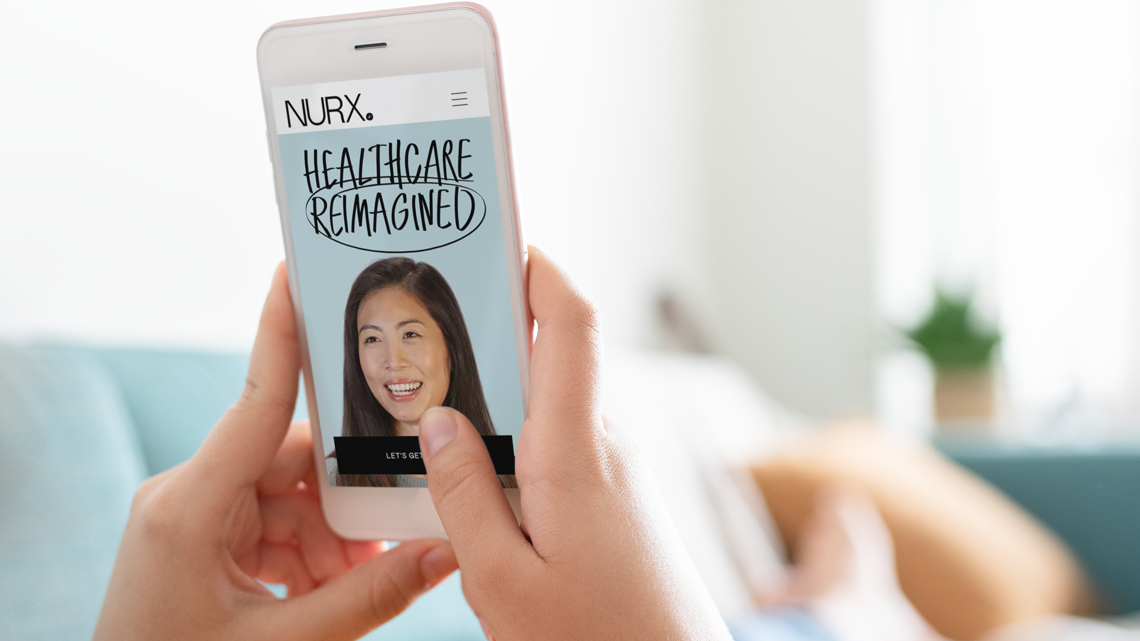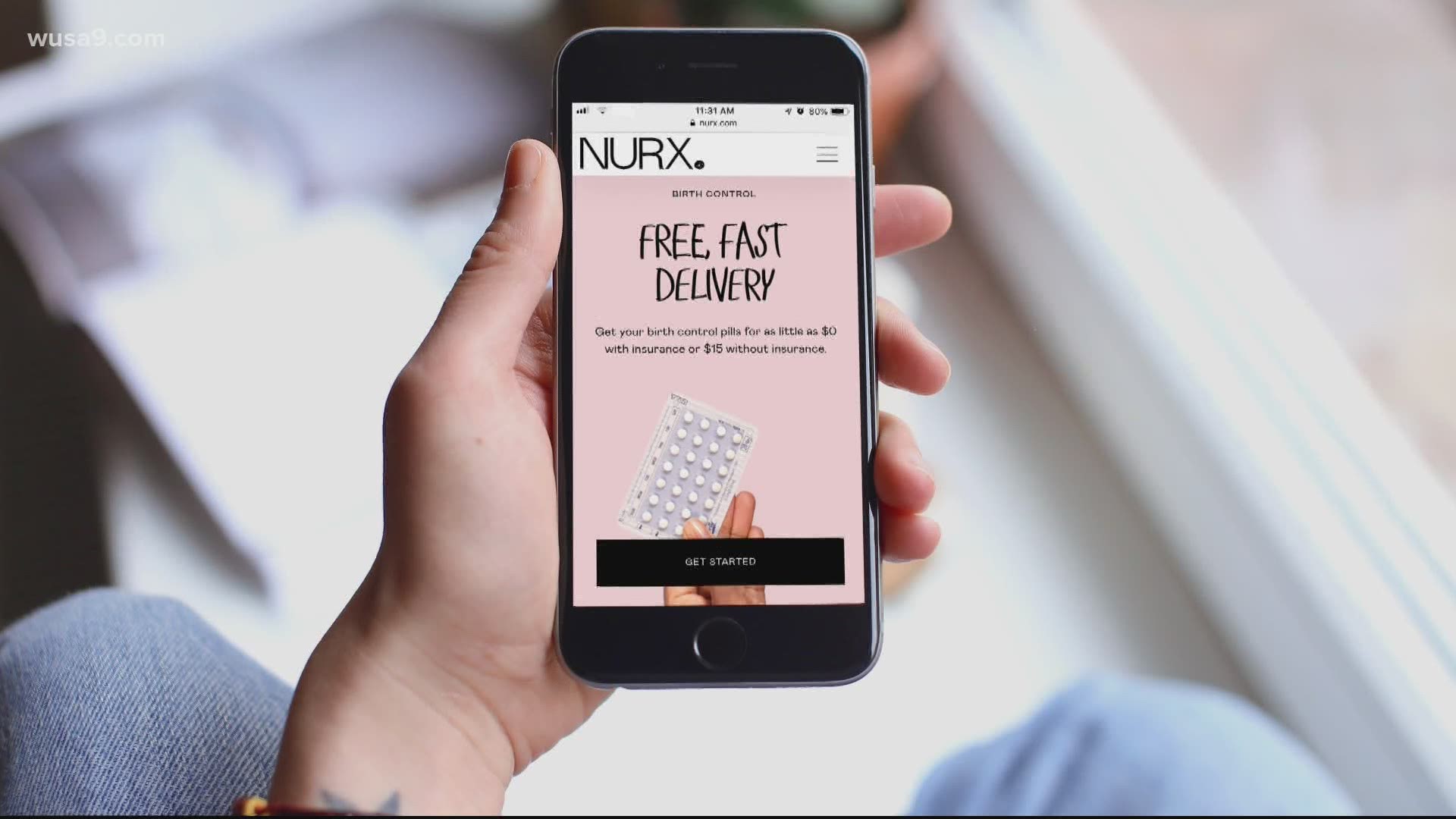WASHINGTON — How is the current pandemic affecting access to birth control?
Julie Graves, Assistant Director for clinical services for telemedicine company Nurx says the company has experienced a 50 percent increase in the number of people who have requested birth control from us since the COVID-19 pandemic hit the US.
"We’ve also seen about a 40 percent increase in people who want emergency contraception," Graves said.
The trends that Nurx is experiencing are being felt by other healthcare providers in the DMV.
According to Planned Parenthood of Metropolitan Washington D.C., they have also seen an increase in birth control requests.
Both Nurx and Planner Parenthood tout the convenience of patient care on the patient’s schedule through telehealth services.
"We know that there are huge health disparities in the DMV," Graves said. "We know that there are so many women who have difficulties accessing care at all."
According to Graves, many of those same women are working in service jobs and many of them are in essential jobs. Having access to telehealth services allows them more flexibility in accessing care.
D.C. and Virginia have had access to instant messaging telehealth services for a while, Graves said, but Maryland that feature is new.


"Prior to this last legislative session in Maryland, only synchronous telemedicine (which is the kind where both the doctor and the patient have to be on video at the same time) was allowed," Graves said.
Now Maryland allows for asynchronous communication – which means that they can instant message a doctor instead of having to meet via video chat.

